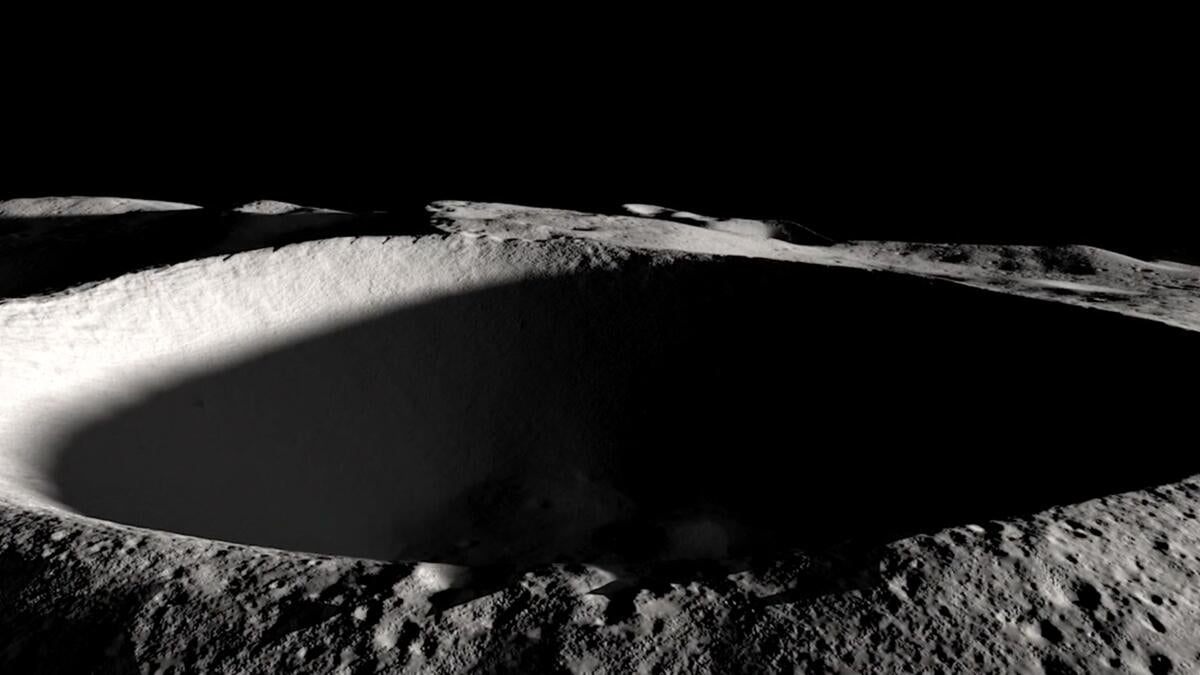A new, powerful science camera is heading to the moon to look inside places we’ve never seen before.
ShadowCam is an instrument designed and led by Mark Robinson, a professor in Arizona State University’s School of Earth and Space Exploration. It’s a specially designed camera that will peer into the permanently shadowed craters of the moon.
Because the moon does not have the tilted spin axis of the Earth, these dark spaces never receive the sun’s light.
Cold, dark and full of unanswered questions, these craters are scattered around the poles of the moon.
“The permanently shadowed craters are mysterious,” Robinson says. “There are some thoughts that there may be large deposits of volatiles there — water, possibly even methane and ammonia.”
Such materials would potentially be useful for future human presence on the moon. Robinson says they may also provide important clues to the past billion years of our solar system.
ShadowCam is a NASA-funded instrument and is part of a collaboration between NASA and the Korea Aerospace Research Institute. ShadowCam is aboard the Korean Pathfinder Lunar Orbiter, a spacecraft that is launching to the moon aboard a SpaceX Falcon 9 rocket from Florida. The launch is scheduled for Aug. 4.
More Science and technology

Science meets play: ASU researcher makes developmental science hands-on for families
On a Friday morning at the Edna Vihel Arts Center in Tempe, toddlers dip paint brushes into bright colors, decorating paper fish. Nearby, children chase bubbles and move to music, while…

ASU water polo player defends the goal — and our data
Marie Rudasics is the last line of defense.Six players advance across the pool with a single objective in mind: making sure that yellow hydrogrip ball finds its way into the net. Rudasics, goalkeeper…

Diagnosing data corruption
You are in your doctor’s office for your annual physical and you notice the change. This year, your doctor no longer has your health history in five-inch stack of paperwork fastened together with…


